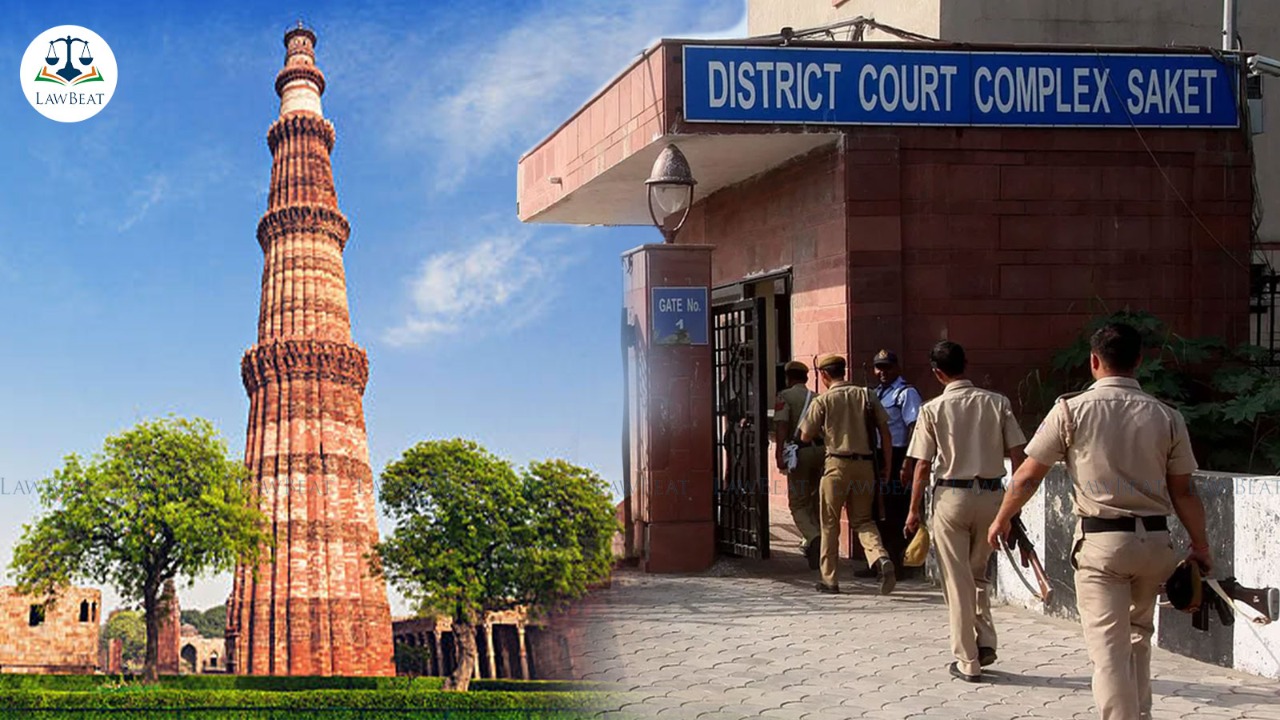BREAKING: Delhi Court admits appeal against order dismissing plea for restoration of Hindu Temples ot Qutab Minar Complex

The Saket Court today admitted an appeal filed against an order granting status quo on Qutab Minar Complex in a suit that sought restoration of Hindu Temples onsite.
The plea had sought worship rights at the Qutab Minar complex as well as restoration of Hindu and Jain deities temples, which were allegedly demolished by Qutubdin Aibak located in the present Qutub Complex.
Last year, a Delhi Court had dismissed a civil suit seeking worship rights at the Qutab Minar complex as well as restoration of Hindu and Jain deities temples, which were allegedly demolished by Qutubdin Aibak located in the present Qutub Complex.
Saket Court Civil Judge Neha Sharma, while rejecting the plea noted that there are just exceptions to Articles 25 & 26 of the Constitution and though it is an admitted fact that temples were razed to the ground and a mosque was constructed atop the ruins, no namaz/ prayers are offered onsite and that status quo must be maintained at the protected Monument.
Today, Additional District Judge Pooja Talwar admitted the appeal filed against the said order.
Notice has also been issued to Union of India, Through Secretary Ministry of Culture, the Director General, Archeological Survey of India and Superintending Archeological Delhi Circle, ASI.
The matter will now be taken up on May 11, 2022.
In the original suit, the petitioner alleged that "In exercise of powers under Section 3 of the Act, the Government of India acquired ownership of entire area of Quwwatul Islam Masjid and administrative control was handed over to ASI. However, on the date of acquisition of the area, nobody was representing the temples and deities and no opportunity was granted to them as required under section 10 of the Ancient Monuments Preservation Act, 1904 even though property continues to be vested in the deity."
While rejecting the contention of the plaintiffs that section 4(3)(a) of the Places of Worship Act, 1991 excludes an ancient and historical monument or an archaeological site or remains covered by the AMASR Act and hence, the present suit is not barred under the Places of Worship Act, 1991 would the Court stated that in her opinion, doing so would frustrate the purpose of the act itself.
Case Title: Tirthankar Lord Rishabh Dev & Ors. Vs. Union of India & Ors.
